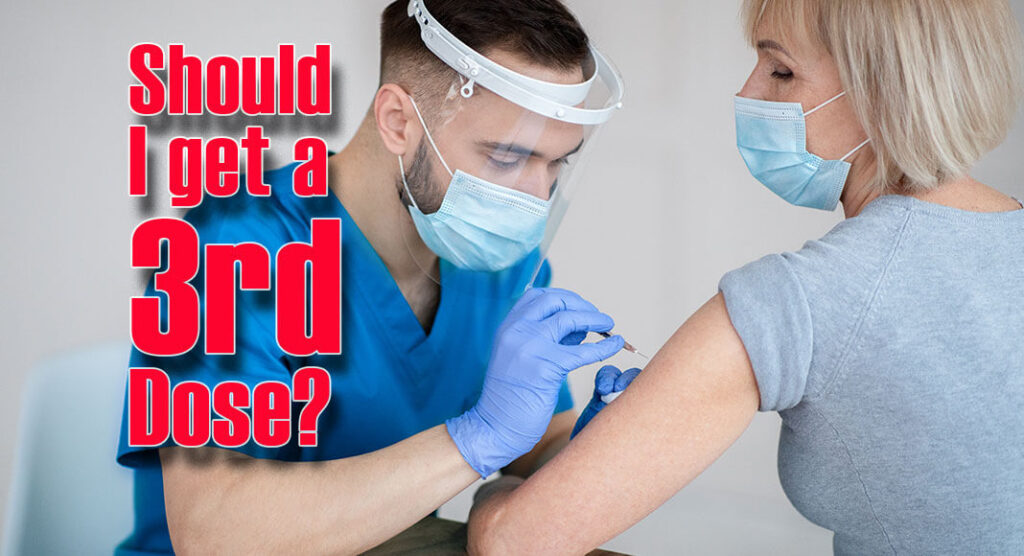
Mega Doctor News
By Michigan Medicine – University of Michigan
Newswise — They’re cancer patients. Transplant recipients. People with lupus, rheumatoid arthritis, HIV/AIDS, sickle cell disease, kidney failure and Crohn’s disease. Plus, millions of others who have conditions or take medications that weaken their immune systems.
That makes them – millions of teens and adults – what doctors call immunocompromised.
And that puts them at much higher risk of serious illness if they get COVID-19, which is why many states prioritized them for vaccination early this year.
Now, most of them are now eligible for even more protection.
The FDA and CDC have just approved and recommended an additional dose of mRNA COVID-19 vaccines as part of a primary series for moderately and severely immunocompromised people.
The additional dose should be the same mRNA COVID-19 vaccine as the first two shots the person received before, and should be administered at least 28 days after completion of the initial primary series of two shots. Specifically, those who have had two doses of the Pfizer vaccine can get a third dose of that vaccine, and those who have had two doses of the Moderna vaccine can get a third dose of that vaccine.
This is not considered a “booster shot,” but rather an additional dose to the recommended use of COVID-19 vaccines in these individuals. It’s being recommended because they have likely not produced an adequate immune response after getting the first two doses of COVID-19 vaccine.
Currently there is not data to support giving a dose of mRNA COVID-19 vaccine to immunocompromised people whose previously received the one-dose Johnson & Johnson/Janssen vaccine. A recommendation for immunocompromised people who got that vaccine is still being developed.
Immunocompromised people are more likely to get severely ill from COVID-19, are at higher risk for prolonged viral infection and shedding of the virus, are more likely to transmit the infection to people they live with, and show a lower immune response to vaccination compared to non-immunocompromised people, says Pamela Rockwell, D.O., a Michigan Medicine family physician and associate professor at the University of Michigan Medical School.









